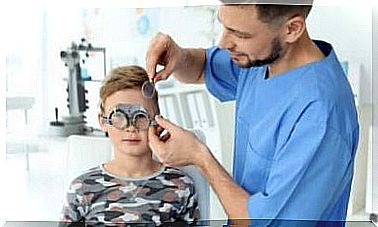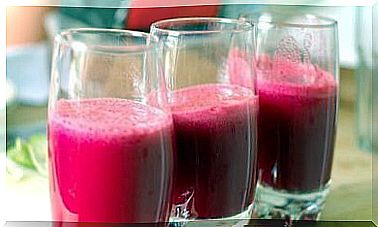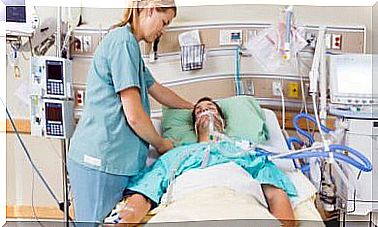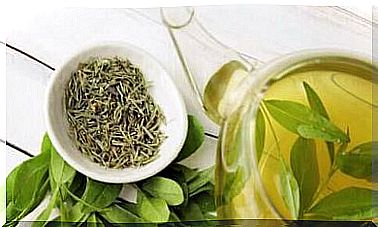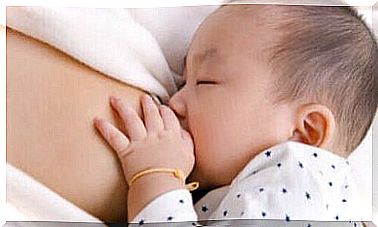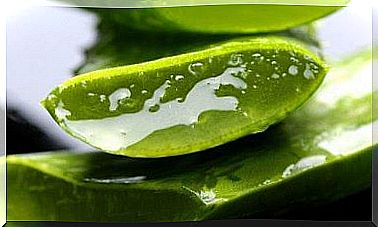Isotretinoin: Uses And Effects
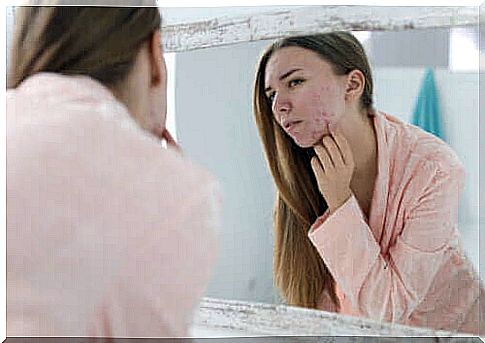
Isotretinoin is a drug that belongs to the group of retinoids, derivatives of vitamin A or retinoic acid.
It is a drug that is prescribed for the treatment of cystic acne and severe acne. Therefore, it is subject to prescription and special medical control.
This is how isotretinoin works
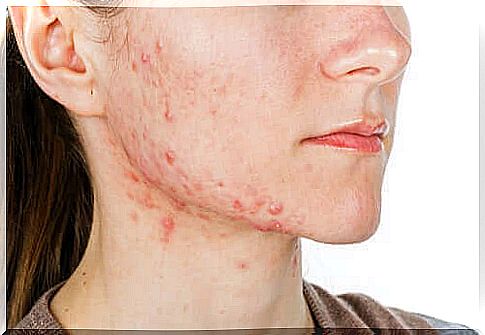
Acne is a disease that depends on many factors. It manifests itself with obstruction and chronic inflammation of the sebaceous glands and alternates between periods of flare-up and remission.
Although the mechanism of action of this drug is not completely known, experts know that it suppresses the activity of the glands that produce sebum and reduces their size.
Isotretinoin inhibits the proliferation of sebum-producing cells. It reduces sebum production and prevents bacteria from colonizing the ducts.
Also read: Cystic acne: 6 natural remedies
Uses of isotretinoin
This is the drug of choice for severe acne, cystic acne and inflammatory acne when other treatments have failed. This is a systemic drug that doctors also prescribe in cases of rosacea, hidradenitis suppurativa and psoriasis.
How to take this medicine
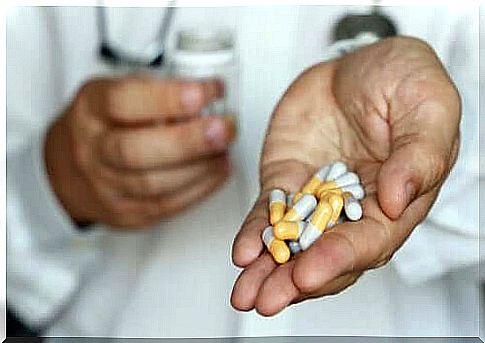
There are various oral presentations. They consist of soft capsules that contain isotretinoin as the only active ingredient and differ in dosage and excipients.
It is advisable to take the capsules with food. The medical professional adjusts the dose depending on the patient, as the response to the treatment and the manifestation of side effects depends on each individual case.
The recommended dose for the treatment of adults is 0.5 mg / kg every day. In patients with severe renal failure, medical professionals indicate lower doses.
Prolonged remission and relapse are related to the total dose administered rather than the duration of treatment. Overall, a treatment of 16 to 24 weeks is enough to achieve remission.
In most cases, acne disappears completely with a single treatment. However, if relapse occurs, the patient can choose another treatment cycle with the same doses.
If it is necessary to repeat the treatment, the patient should wait at least eight weeks, as this is as long as the acne can continue to improve after the treatment.
Contraindications

Isotretinoin is contraindicated in the following cases:
- First, pregnant women or women of childbearing potential. Studies show a teratogenic effect of retinoic acid and some of its analogues, ie. there is a risk of birth defects.
- Second, breastfeeding mothers. Isotretinoin easily penetrates into breast milk. Due to the potential side effects for mother and infant, its use is contraindicated in this case.
- Liver failure
- Hyperlipidemia
- Concomitant treatment with tetracyclines. In these cases, there is a risk of benign intracranial hypertension. Symptoms that may manifest themselves include headache, nausea, vomiting, and visual disturbances.
- Hypervitaminosis A
- Lastly, hypersensitivity to isotretinoin
If you are being treated with isotretinoin, avoid sun exposure and always use a sunscreen with a high sun protection factor.
Also read: Reasons why women get acne during menstruation
Side effects
This drug has many side effects that depend on the dose. They may manifest themselves within a few days after starting treatment and include:
- Extremely dry skin
- Dry mucous membranes in the mouth, lips and eyes
- Redness and scaly skin
- Muscle pain and joint pain
- In addition, elevated blood sugar and cholesterol levels
- Presence of blood or protein in the urine
- Likewise, thrombocytopenia, thrombocytosis and neutropenia
- Elevated blood levels of triglycerides and liver enzymes
- Like the latter, headaches, stomach aches and bone pains
During the treatment, it is not recommended to use exfoliating skin treatments, because there is a risk of irritating the skin more and causing some kind of damage.
Conclusion
Medical professionals recommend isotretinoin to treat severe forms of acne, as isotretinoin helps reduce sebum production. For this reason, the results far outweigh the possible side effects it can cause.

